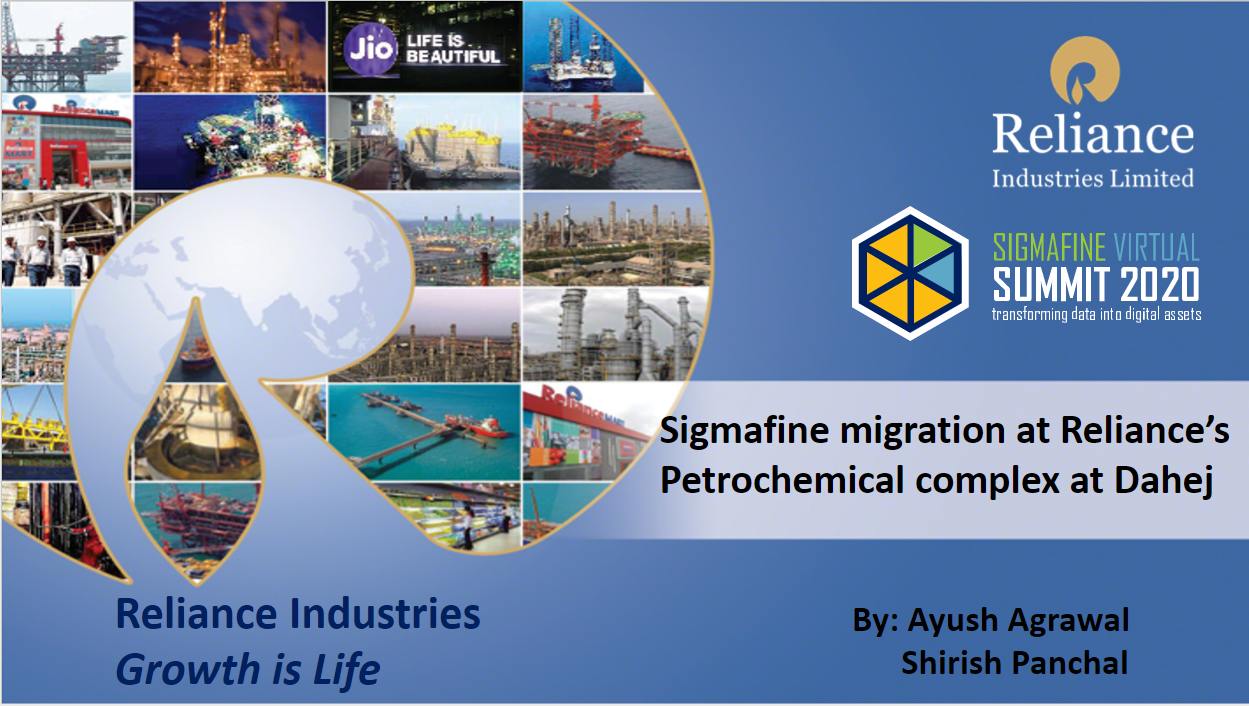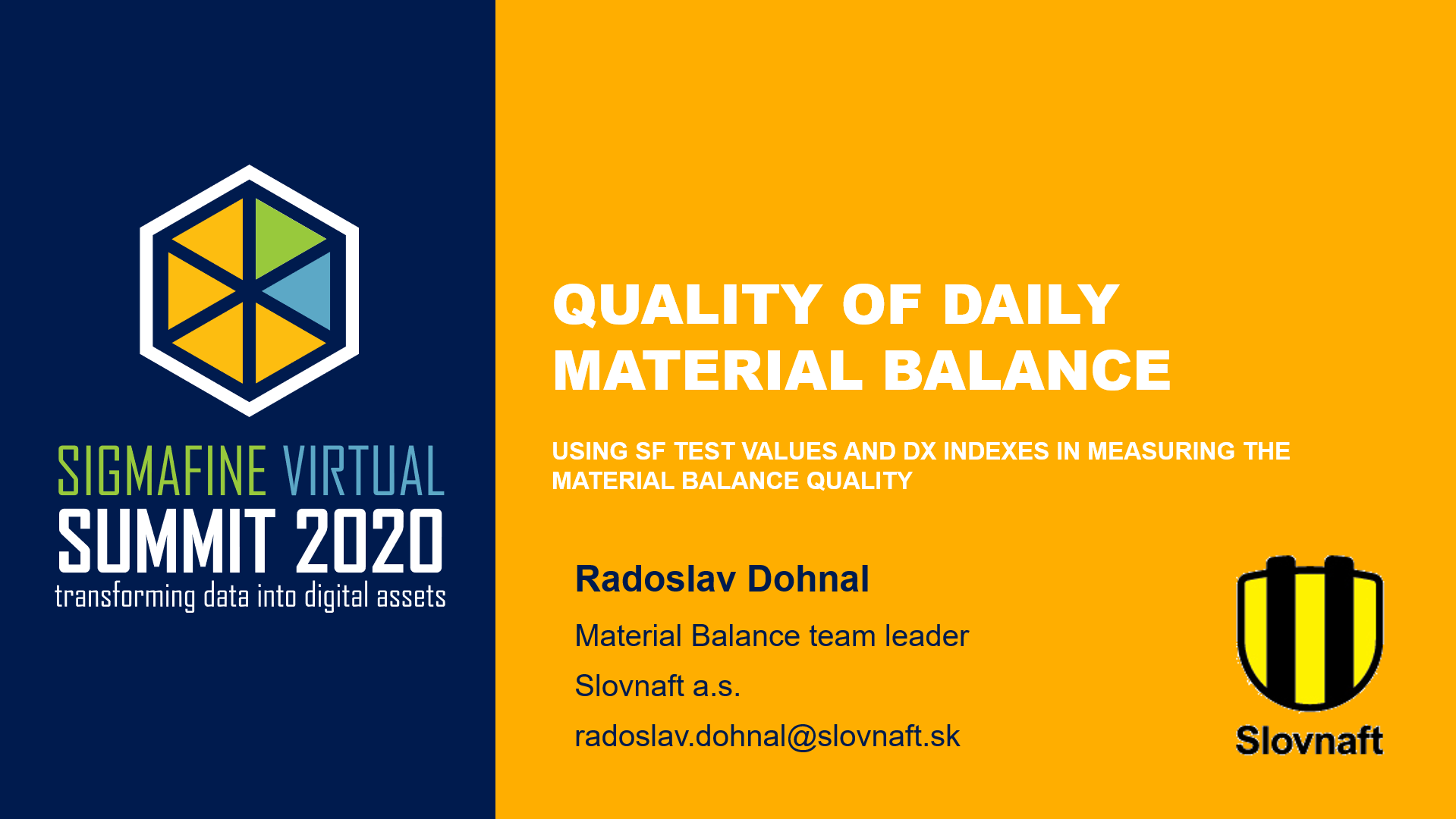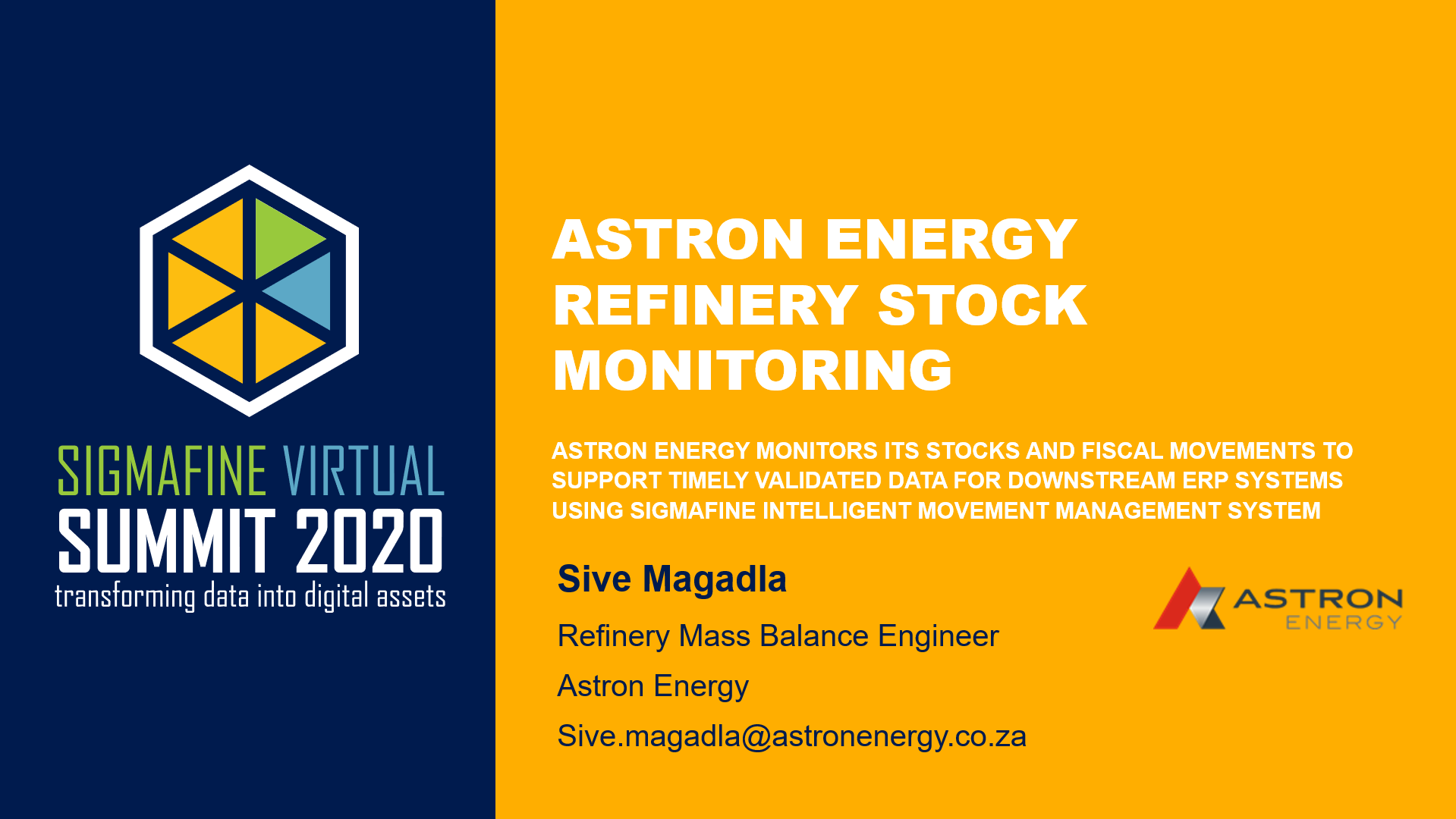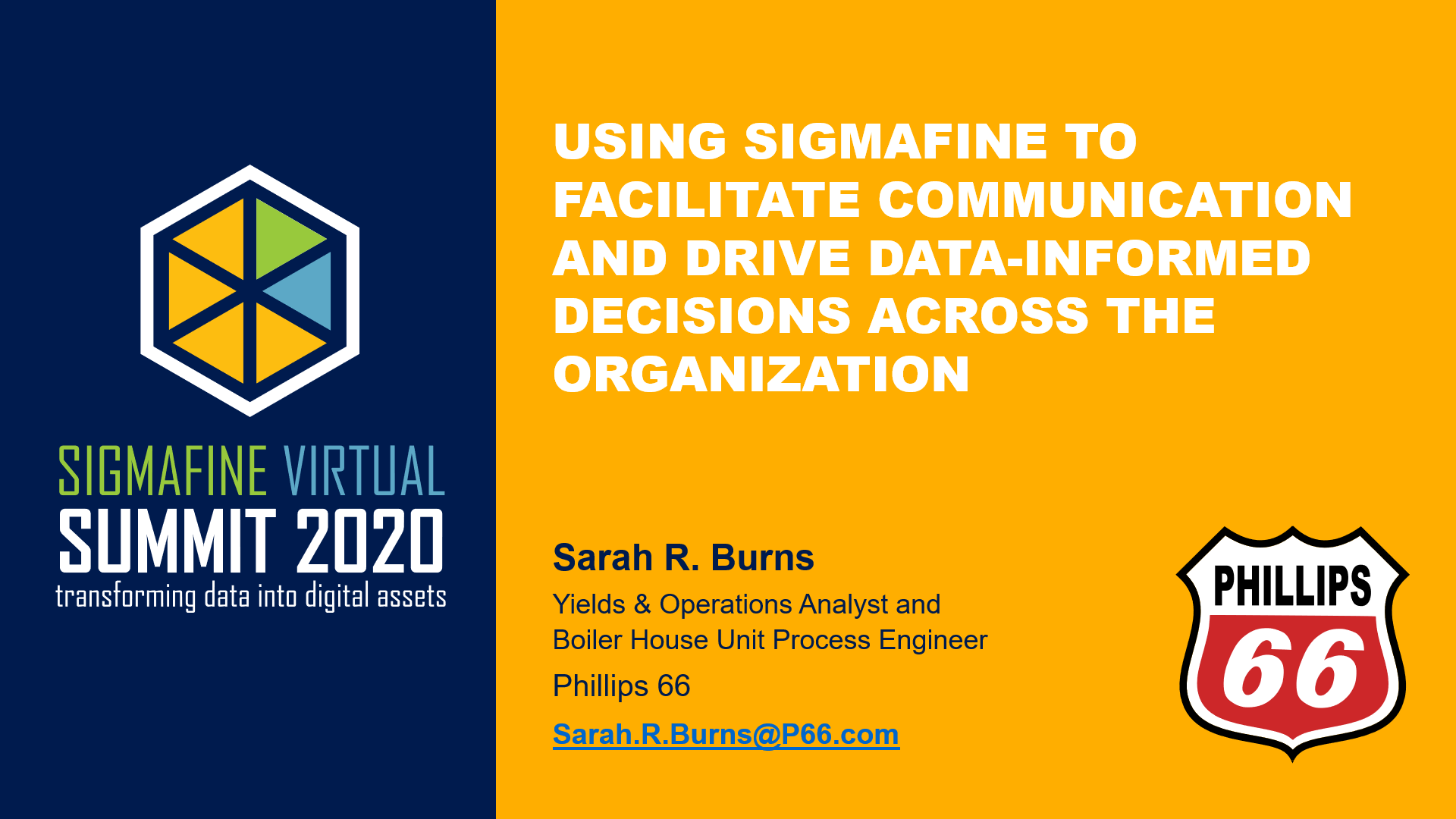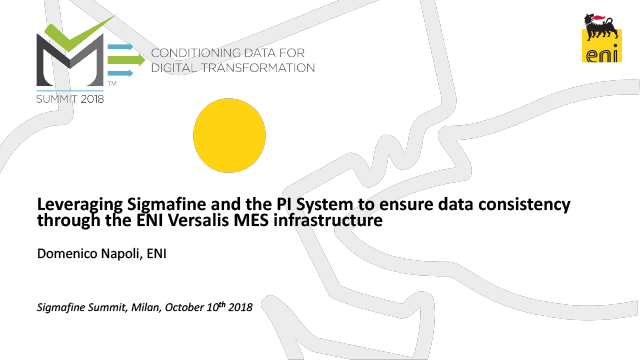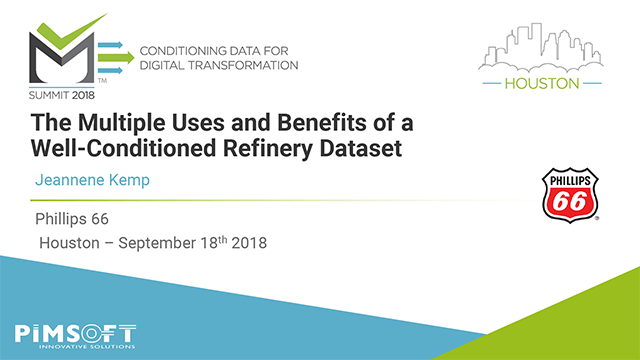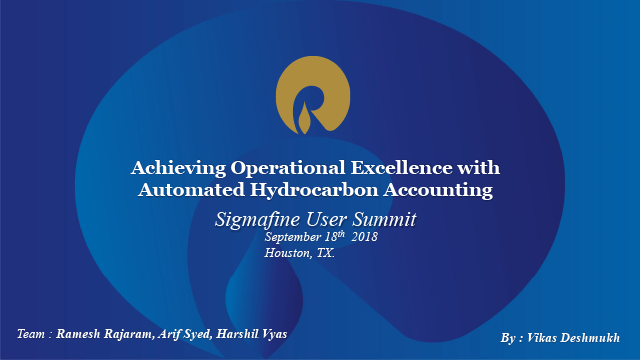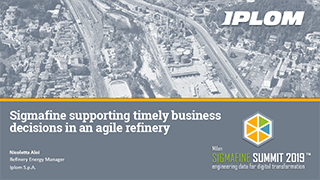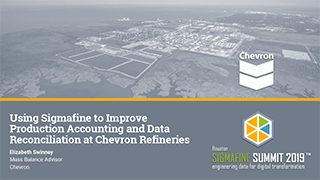Oil & Gas Downstream
Data Validation and Reconciliation in Oil & Gas Refineries
Refineries are using Sigmafine to drive daily business, account for material, report inventory, and integrate with ERP and business intelligence to support corporate governance.
A single production accounting platform used by financial accounting and operations departments to improve planning and logistics
The refining world is facing challenges due to the uncertainty of oil prices, new fuel specifications, and limited investments, all of which put pressure on existing capacities. To overcome these challenges, oil and gas refineries must use resources carefully and make informed planning and operations decisions. Data availability is not enough; that data must also be consistent and accurate to empower strategic decision-making.
Production Accounting
Sigmafine is used daily in refineries with many production units, multiple tank farms, and thousands of flow meters to deliver validated, reconciled, and conditioned data for accurate production accounting.
Yield Accounting
Sigmafine supports accountants by identifying inconsistencies, bad values, and gross errors which can be traced back to individual process units.
Energy Management
Accurately monitoring energy-intensive equipment is critical to improving usage and decreasing emissions.
Compliance
Sigmafine also supports energy managers’ duties in complying with energy directives and standards such as ISO 50001:2011.
Composition Tracking
Knowledge about crude or intermediate inventories’ material quantity is crucial for better planning and yield estimation (e.g. evaluating mixtures feeding the units and optimizing inventory allocation).
Quality Tracking
Quality tracking analysis provides an additional estimate of the physical properties of mixtures (e.g. density, viscosity, flash point, and sulphur content) that are stored in inventories or fed to the process units.
Supported Applications
- Production and yield accounting
- Composition and quality tracking of crude and semi-finished materials
- Movement management
- Energy management and emissions monitoring
Integrating Sigmafine with SAP
Sigmafine comes with an integration framework component, allowing data to interface with external systems, including SAP. The most common SAP modules integrated with Sigmafine are:
- PPPI: Post reconciled figures of productions, consumptions, and losses compared with planned/business figures
- SD: Download inbound raw material receipts and outbound final product shipments from SAP
- WM/MM: Align physical or logical SAP inventories with Sigmafine inventories
The Benefits of Improved Data Quality
Improved data quality in the oil and gas refinery industry is primarily associated with:
- Validating and automating production accounting
- Validating auditable estimates of raw materials, intermediates, and product inventories
- Validating KPIs for improved process control and system optimization
The Business Impact of Implementing Sigmafine
Customers who have implemented Sigmafine have achieved:
- Daily production accounting automation
- Equipment & site-wide performance monitoring
- Yield accounting
- Loss monitoring
- Results distribution throughout the organization
- Improved production planning and logistics
On top of delivering these benefits that drive operational excellence, it’s been estimated that Sigmafine has a payback period of less than 6 months – a critical value proposition for customers who are tightening resources to stay competitive.
Sigmafine References in Oil & Gas Downstream & Refining
Downstream
Data Validation and Reconciliationin Oil & Gas Refineries
Refineries are using Sigmafine to drive daily business, account for material, report inventory, and integrate with ERP and business intelligence to support corporate governance.

Marco Lanteri
Industry Principal for Refining
Pimsoft, S.p.A.
Milan
